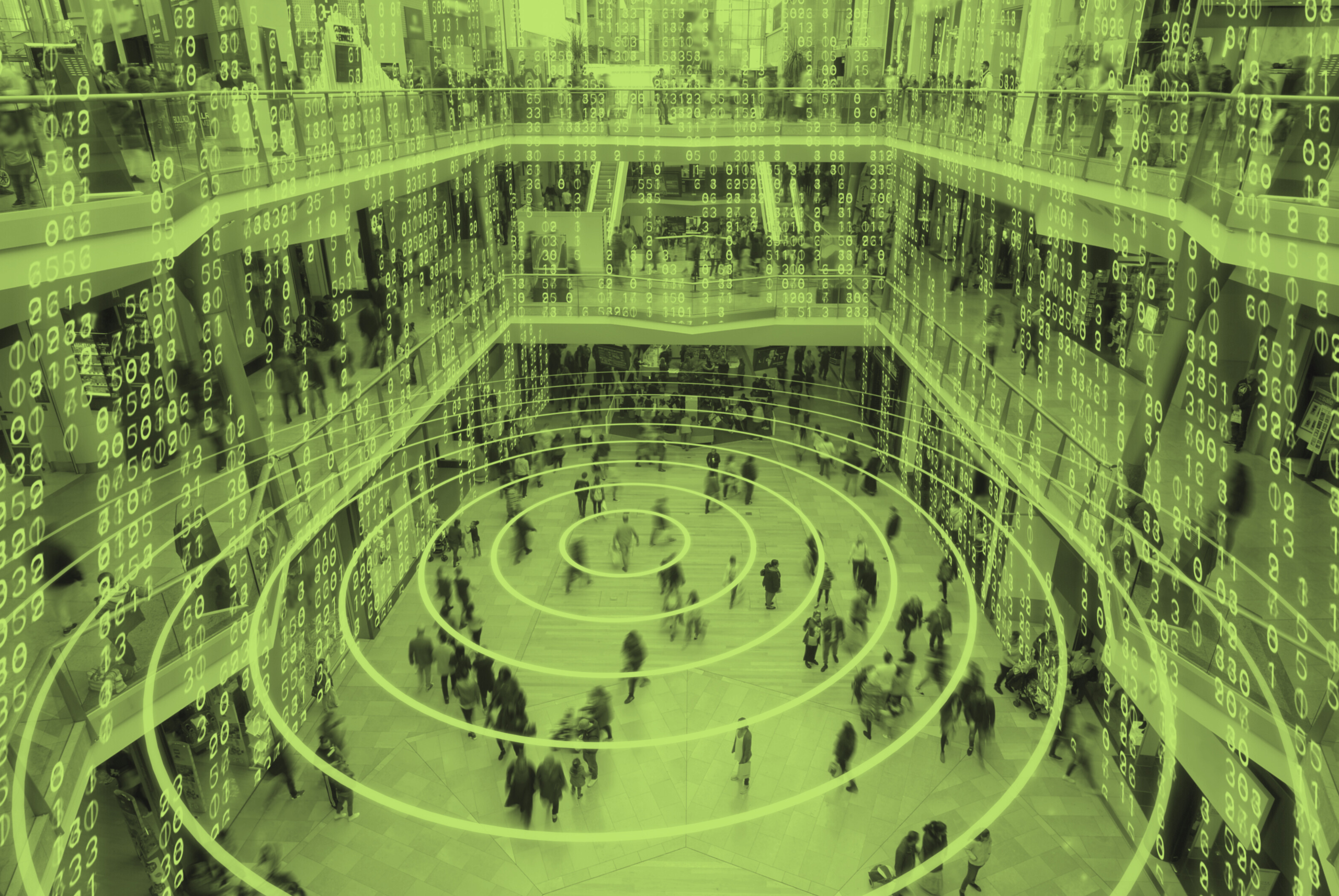The Future of Research Careers: AI as the Insights Teams’ Champion
The inevitable prominence of AI raises existential questions about the future of research careers. Will intelligent machines displace human insight professionals?
The consensus from my conversations is that research professionals will continue to play a vital role in generating insight. But CMI teams will need to adapt to work alongside emerging technologies. In the next few years, AI will change how we commission, analyze, curate, and share insights. Leaders are already thinking about the shape of their teams and the skills and training needed to make the most of AI-powered insight.
Many senior insight leaders say the goal isn’t to be an expert in every new technology, but to promote a culture of innovation where teams are encouraged to experiment, learn, and share what works.
Broadly, Gen Z employees tend to be more native to AI tools and algorithms, but often have less applied category and business experience. Many more experienced team members have the opposite profile: deep consumer and commercial knowledge, but less fluency with new tools. Both groups need ongoing training, not just on how AI works, but on how to combine algorithms with domain expertise. And in reality, champions can come from any age or background. Curiosity and openness to new ways of working matter far more than the year on someone’s CV.
Rather than being replaced by AI, researchers and insight professionals are quickly adding ‘prompt engineering’ to their toolkits, using AI as co-pilots to marry human and machine intelligence. As specialists, we are becoming more adept at asking the right questions of our AI tools and interpreting technology-driven outputs through a nuanced human lens. This shift will require researchers to upskill in areas like data science, analytics, and storytelling, where AI cannot deliver contextual, engaging translation.
The fundamental human skills of critical thinking, creativity, and empathy will be increasingly harnessed in the career of the future researcher to turn automated analysis into relevant recommendations.
“We fundamentally believe our sector is a people business,” confirms Caroline. “We source information from people, we sell information to people. We are about reflecting the truly diverse world that we have the accountability and the privilege to serve.”
Insights teams are increasingly expected to do more with less, provide more definitive answers, and support faster decision-making across their entire business. Rapid and effective AI deployment is a means to an end: a dynamic tool for augmenting and scaling human expertise, not a substitute for insight specialists.
Leonard Murphy, Chief Advisor for Insights and Development at Greenbook, makes a similar point: as AI automates more of the research process, process skills on their own matter less. What increasingly sets insight teams apart are the so-called soft skills (intuition, creativity, context framing, influencing, communication, and sense-making), which become the non-disruptive foundation for thriving in an AI-driven world.
The real value of AI-powered analytics will come from a close partnership between human and machine. The most effective researchers of tomorrow will continually upskill and adapt to apply their own consumer understanding to automated analysis and translate complex insights into actionable business recommendations.














